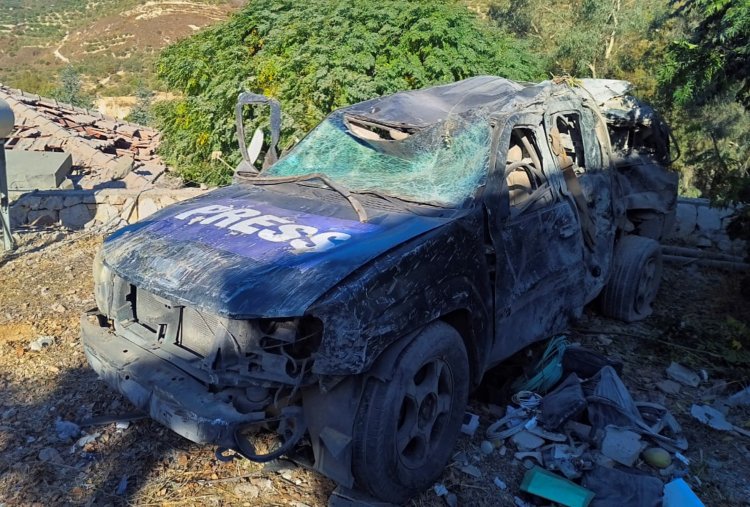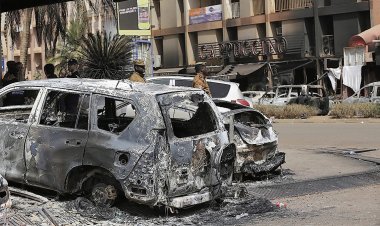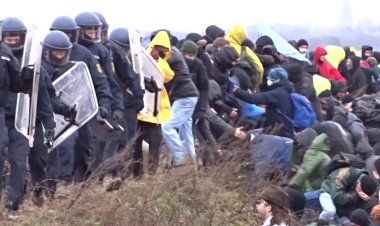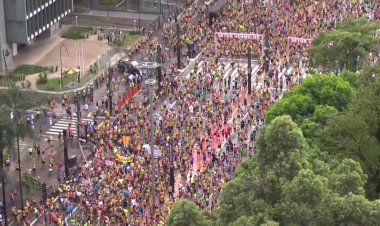Israeli airstrikes kill three journalists in Lebanon

Three journalists were killed when Israeli warplanes struck a media workers' residence in Hasbaya, southern Lebanon, near the Syrian border, according to Lebanese state media NNA. The attack occurred at approximately 3:30 am local time.
Among the deceased were cameraman Ghassan Najjar and broadcast engineer Mohammad Reda from the news outlet Al-Mayadeen, and photographer Wissam Qassem from Hezbollah-affiliated Al-Manar. Al-Mayadeen's director, Ghassan bin Jiddo, stated that the targeting of the journalists' residence was deliberate, noting that reporters from other Arab channels were also injured.
The incident occurred just 24 hours after an Israeli strike hit an Al-Mayadeen office in Beirut's southern suburbs, which had been evacuated. The latest attack was part of Israel's expanded military campaign in Lebanon, which began on September 30 with a massive bombing campaign targeting Hezbollah strongholds.
In a separate incident, Israeli warplanes struck Beirut's southern Choueifat Al-Amrousieh area, destroying two buildings near the Constitutional Council. The Israeli army had previously issued evacuation warnings for these Hezbollah-associated areas.
Also a house was damaged and one person was injured in Karmiel, northern Israel, after Hezbollah launched rockets from Lebanon in several barrages.
The Israeli army said that some 120 projectiles fired by Hezbollah had crossed into Israel. Some were intercepted and others fell into open areas.
Israel launched its Lebanon offensive with the declared aim of securing the return home of tens of thousands of Israelis evacuated in northern Israel during a year of cross-border rocket fire by Hezbollah.
Over the last month, Israel has pounded southern Lebanon, Beirut's southern suburbs and the Bekaa Valley and sent ground forces into areas near the border. The Israeli campaign has killed more than 2,500 people, displaced more than 1 million people and spawned a humanitarian crisis, Lebanon says.















